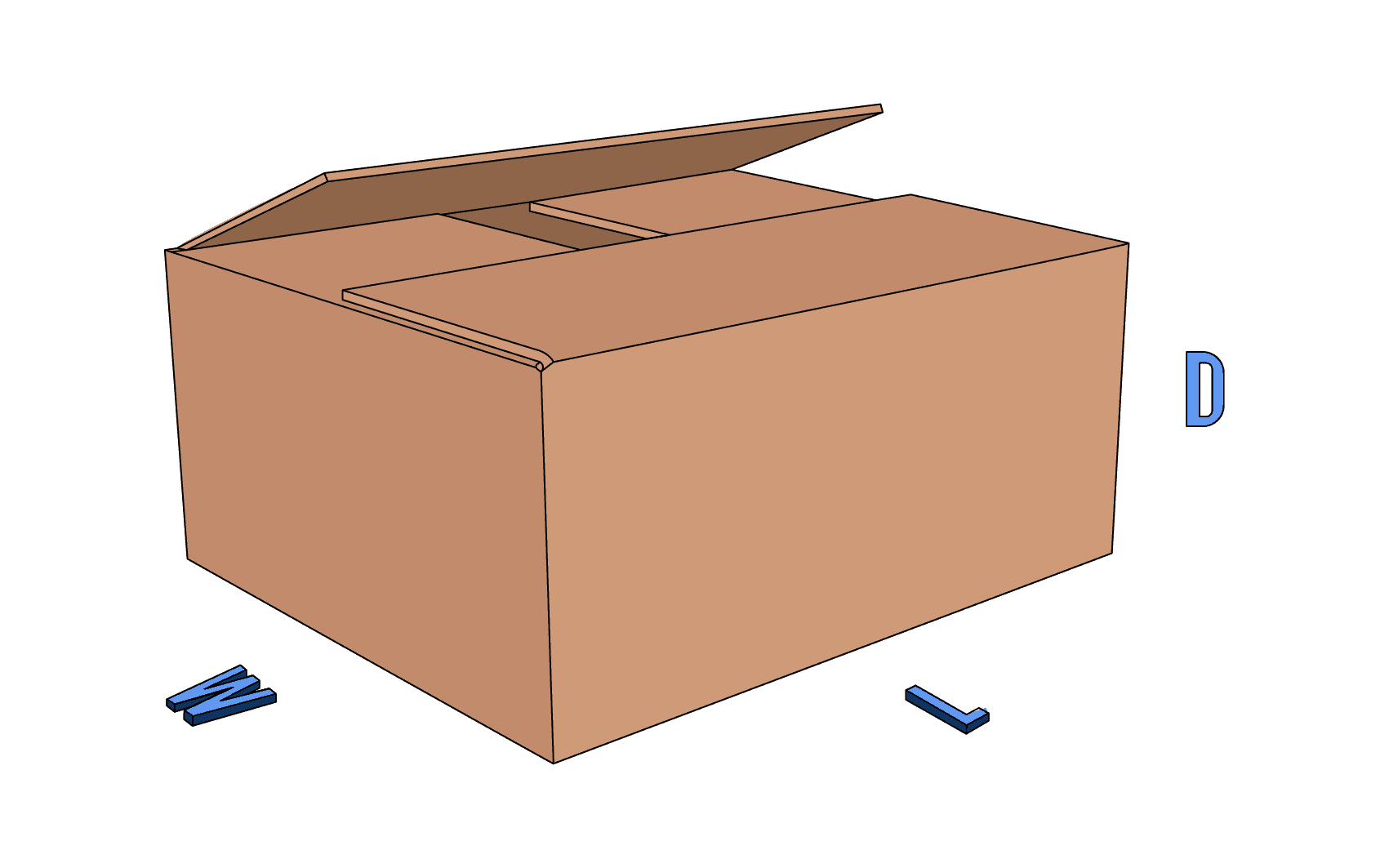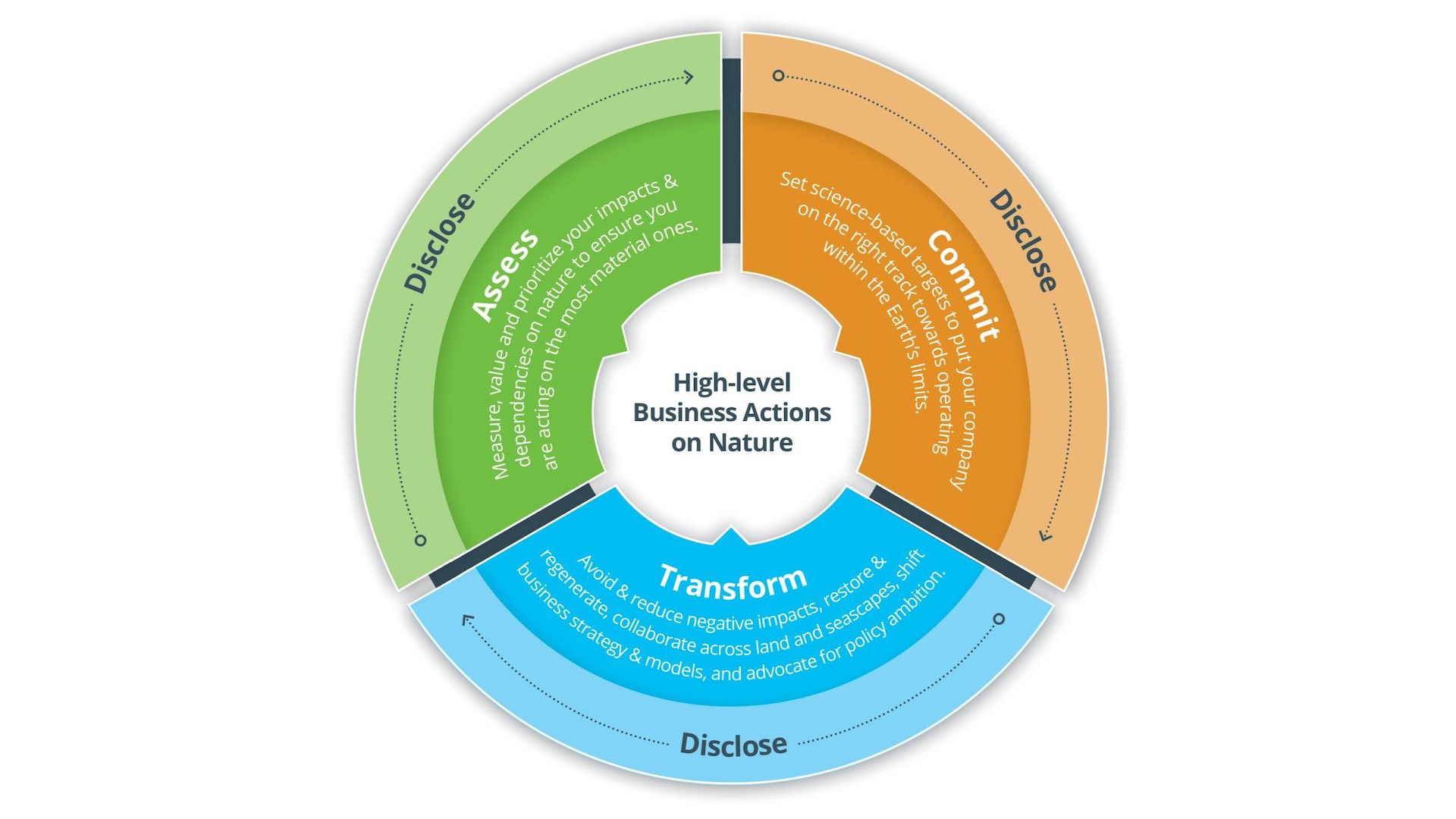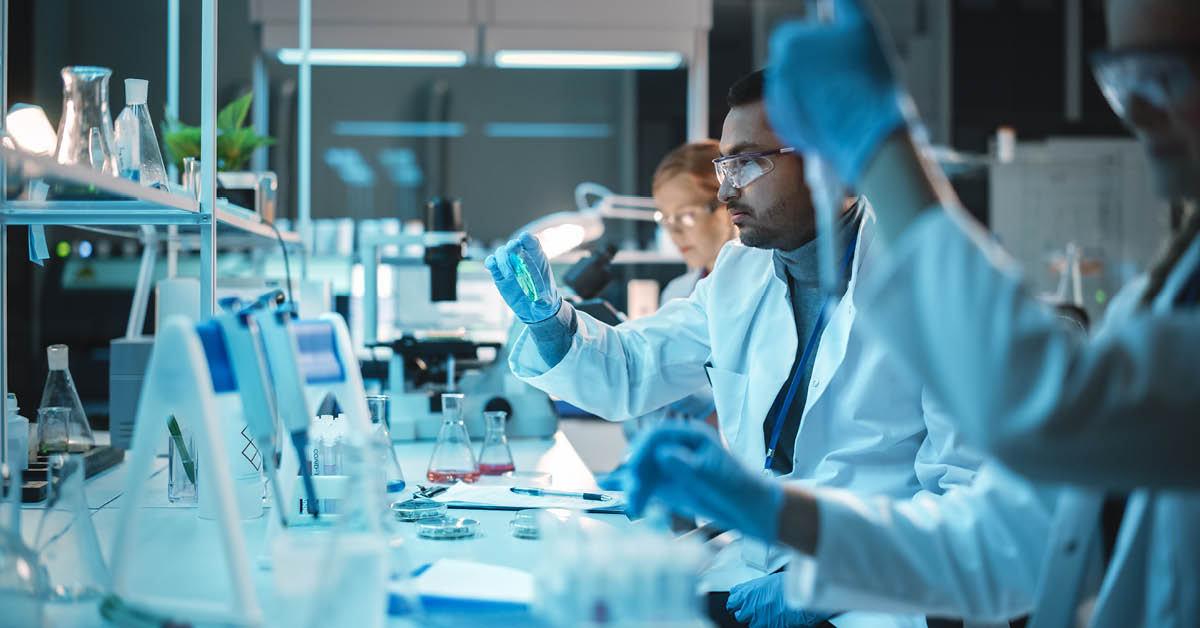10 Tips For Choosing The Best Bioanalytical Lab Services For Your Drug Discovery
For a pharmaceutical company, outsourcing bioanalytical needs to a contract laboratory is crucial for developing drug products. Many bioanalytical lab services provide clinical and preclinical support to pharmaceutical clients. The primary aim of bioanalytical lab services is to help clients accelerate their drug products through different stages of drug development. But what is the drug development process? The drug development process identifies potential drug compounds and helps them develop into a drug against specific medical conditions.
With a plethora of bioanalytical lab services, it can be challenging to identify the right bioanalytical lab. Hence, the current article shares ten tips for choosing the best bioanalytical lab services.
Experience and portfolio
Sponsors must evaluate the experience of a bioanalytical lab in the therapeutic area of interest. Sponsors must acquire their track record and assess their ability to yield consistent and reliable results. Different stages of drug development need unique skills. Confirming that the partner lab can deliver these skills is essential for the project.
Financial stability
Bioanalytical lab services must be able to navigate the uncertainties involved in the pharmaceutical industry.Developing drug products is inherently a risky endeavor. Hence, confirming the financial stability of a bioanalytical lab is of utmost importance.
Processes and systems
An ideal partner laboratory must have appropriate infrastructure to support your project needs. Professional partners such as NorthEast laboratories have adequate experienced staff and facilities to handle all drug development requirements. Besides, all systems and processes comply with regulatory specifications.
Access to study sites and patients
The primary benefit of partnering with a bioanalytical lab is that most labs have contacts with doctors and researchers working with the intended patient population. Hence, identifying whether the partner laboratory has access to patients and sites can benefit your project.
Value
The cost of the project depends on the extent of bioanalytical studies. Although cost efficiency is vital, quality and service expertise is of greater focus when choosing a partner laboratory. A single study might have a more cost-effective approach, but decisions for more complex projects will be driven by other factors.
Transparency
Often a bioanalytical lab will need to be more transparent enough with their work. However, if transparency is a crucial requirement, sponsors must actively communicate the same and have it mentioned in the agreement.
Collaboration
A collaborative partnership can mean many things. A coordinated approach is essential for any drug development project.. Besides, sponsors must identify whether the partner lab performs the study as intended.
Real-time communication
A quick response can make a huge difference. An ideal partner biolab, will communicate issues in real-time. Even a short delay in communication may derail the entire project. Hence, ensuring that the partner lab has a fast response time is critical.
Also Read: Understanding The Role Of Electrochemiluminescence In Meso Scale Discovery
Flexibility
Clinical research is a complex initiative. An ideal partner laboratory must navigate and be flexible enough to shift focus and change priorities to solve ever-evolving problems.
Oversight plan
Overseeing the entire operation is a critical duty of the sponsor. Regular meetings help ensure that the project is on track. If an escalation process is missing, crucial gaps may occur. Hence, a predefined road map with an oversight plan can fast-track the project.











